Doctor of Philosophy in Aerospace Engineering

学历文凭
Ph.D.

专业院系
航空航天工程

开学时间

课程时长

课程学费

国际学生入学条件
Applicants for the doctoral degree must have either a baccalaureate or master's degree in engineering or science. Applicants who have completed a bachelor's degree and wish to pursue a doctoral degree without completing a master's degree may apply for admission in the Bachelor of Science (B.S.) to Ph.D. Track. Minimum GPA of 3.3 in the last 60 hours taken in the major field of study in an appropriate engineering or science discipline.
IELTS score of 6.5, or TOEFL iBT total score of 84 with sectional scores of 22 for writing, 21 for speaking, 20 for reading, and 20 for listening.
IELTS score of 6.5, or TOEFL iBT total score of 84 with sectional scores of 22 for writing, 21 for speaking, 20 for reading, and 20 for listening.
IDP—雅思考试联合主办方

雅思考试总分
6.5
了解更多
- 雅思总分:6.5
- 托福网考总分:84
- 托福笔试总分:160
- 其他语言考试:NA
CRICOS代码:
申请截止日期:请 与IDP联系 以获取详细信息。
课程简介
The overall objective of the graduate program in Aerospace Engineering is to develop in a student the ability to define a technical problem, establish an appropriate mathematical or experimental model based on a firm understanding of the physical nature of the problem, analyze the problem by theoretical, numerical, or experimental techniques, and evaluate the results. Although this ability is developed in the context of aerospace problems, it is applicable to the engineering of any physical system.The program is designed for a student with any of the following specific objectives: A sound foundation in advanced mathematics, science, and engineering which will equip the student well for research and development work or for further advanced study toward a doctoral degree in engineering. A program of advanced study which allows specialization in one of the following areas: Fluid dynamics, aerodynamics and propulsion (theoretical and applied aerodynamics, gas dynamics, viscous fluid mechanics, turbulence, computational and experimental fluid dynamics, bio-fluidics, hypersonic flow theory, high-temperature gas dynamics, V/STOL and rotorcraft aerodynamics, air-breathing and rocket propulsion), Structural mechanics and structures (solid mechanics, aerospace structures, structural dynamics, composite structures and material characterization, damage tolerance and durability, smart structures, structure optimization, sensor technology, high-temperature structures and materials, aeroelasticity), Flight mechanics and controls (atmospheric and space flight mechanics, orbital mechanics, guidance, navigation and control), Vehicle design (conceptual aircraft design, atmospheric flight vehicle design, spacecraft design, computer-aided engineering). A balanced but non-specialized program of advanced study in aerodynamics, astronautics, flight dynamics, structural analysis, propulsion, and fluid mechanics, with emphasis on experimental techniques and modern mathematical analysis.
相关申请

预科

奖学金

实习机会

在校学习

跨境学习

校园授课-线上开始

在线/远程学习
学校排名
世界排名
601
数据源:泰晤士高等教育世界大学排名
关于德克萨斯大学阿灵顿分校

德克萨斯大学阿灵顿分校提供180多个本科和研究生学术课程,旨在为学生提供创新的教育机会。该大学的大型最先进的校园占地420英亩,横跨达拉斯-沃斯堡大都会区,是美国第六大多样化学生群体的所在地。UTA欢迎来自全球100多个国家的国际学生,并在其所有活动中促进文化包容。UTA鼓励学生追求卓越,并在当地和全球层面为社会做出积极贡献。该大学拥有300多个由学生领导的组织,这些组织处于在校园内创造多元包容和发现文化的最前沿。在UTA,学生可以从专注于现实世界技能和知识的课程中受益。除了卓越的教学计划外,UTA在杰出的的研究方面享有盛誉,研究生还可以获得一系列的财务支持。UTA被公认为卡内基研究一级''最高研究活动''大学,其20多个研究生课程在《美国新闻与世界报道》2024年最佳研究生院排名中名列前茅。
本校相关课程
Doctor of Philosophy in English

学历文凭
Ph.D.
下一个开始日期
课程费用总额
Doctor of Philosophy in Social Work

学历文凭
Ph.D.
下一个开始日期
课程费用总额
Doctor of Philosophy in Urban Planning and Public Policy

学历文凭
Ph.D.
下一个开始日期
课程费用总额
Doctor of Philosophy in Public Administration and Public Policy

学历文凭
Ph.D.
下一个开始日期
课程费用总额
Doctor of Philosophy in Physics and Applied Physics

学历文凭
Ph.D.
下一个开始日期
课程费用总额
Doctor of Philosophy in Mathematics
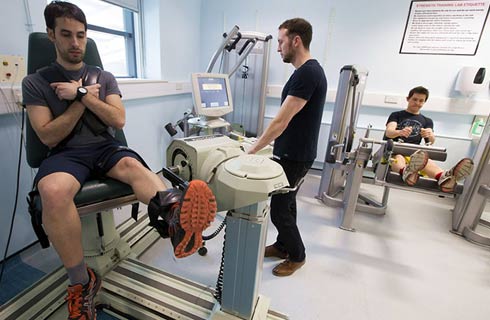
学历文凭
Ph.D.
下一个开始日期
课程费用总额
其他相关课程
航空航天工程哲学博士

多伦多都会大学
泰晤士高等教育世界大学排名:
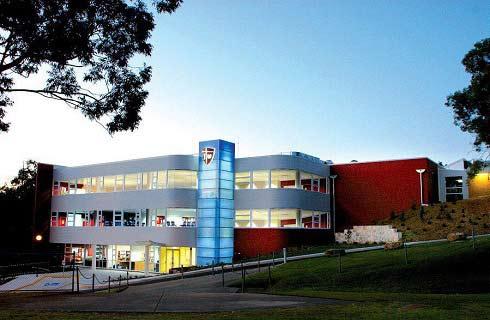
学历文凭
Ph.D.
下一个开始日期
课程费用总额
航空航天工程学硕士

多伦多都会大学
泰晤士高等教育世界大学排名:
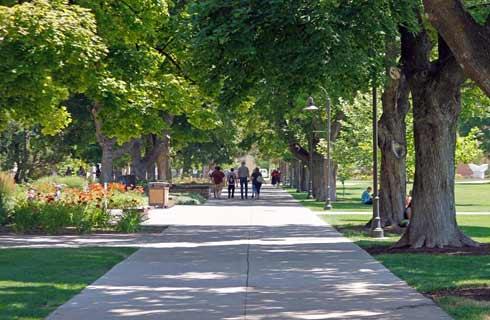
学历文凭
Masters Degree
下一个开始日期
课程费用总额
航空航天工程应用科学硕士

多伦多都会大学
泰晤士高等教育世界大学排名:
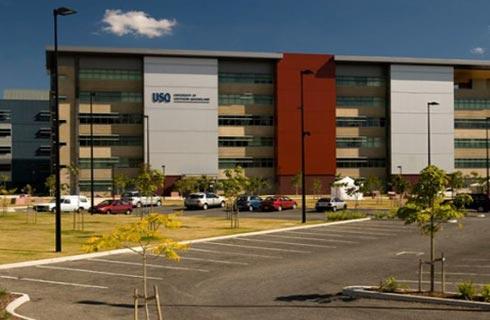
学历文凭
Masters Degree
下一个开始日期
课程费用总额
航空航天工程学士学位

多伦多都会大学
泰晤士高等教育世界大学排名:
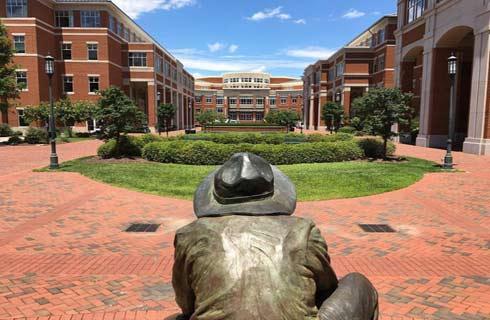
学历文凭
Bachelor Degree with Honours
下一个开始日期
课程费用总额
航空航天工程学硕士(非论文)

麦吉尔大学继续教育学院
泰晤士高等教育世界大学排名:

学历文凭
Masters Degree
下一个开始日期
课程费用总额
航天工程学士学位(荣誉学位)

约克大学
泰晤士高等教育世界大学排名:

学历文凭
Bachelor Degree with Honours
下一个开始日期
课程费用总额




